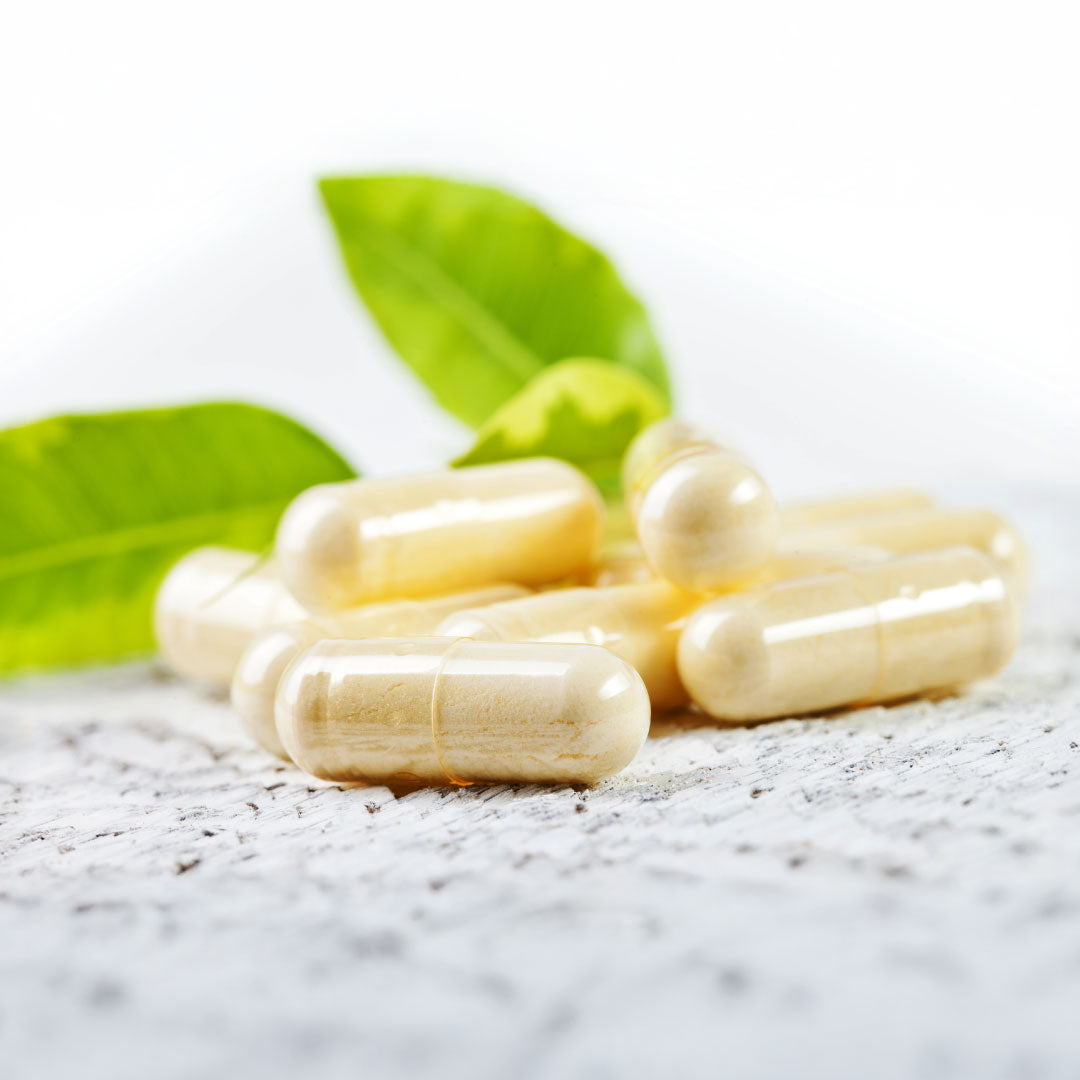Click here to explore our formulas with Vitamin B5
Vitamin B5 (Pantothenic acid) is a water-soluble B-vitamin that is essential for various physiological functions in the body. It is a component of coenzyme A (CoA), a molecule that plays a crucial role in numerous metabolic reactions.
Key functions of pantothenic acid include:
-
Energy Metabolism: Pantothenic acid is a critical component of coenzyme A, which is involved in the metabolism of carbohydrates, fats, and proteins. Coenzyme A helps convert these macronutrients into energy that the body can use.
-
Synthesis of Fatty Acids: Pantothenic acid is involved in the synthesis of fatty acids, which are essential components of cell membranes and play a role in energy storage.
-
Synthesis of Cholesterol: Pantothenic acid contributes to the synthesis of cholesterol, a lipid that is vital for the formation of cell membranes and the production of certain hormones.
-
Detoxification Processes: Coenzyme A is involved in detoxification processes within the liver, helping the body eliminate certain substances.
-
Skin Health: Pantothenic acid is often associated with skin health and is a common ingredient in skincare products. It is involved in the formation of coenzyme A, which plays a role in skin regeneration and wound healing.
Pantothenic acid is found in a variety of foods, and deficiency is rare due to its widespread availability. Dietary sources of pantothenic acid include:
-
Meat (such as poultry, beef, and pork)
-
Whole grains
-
Legumes
-
Eggs
-
Dairy products
-
Vegetables (particularly avocados and mushrooms)















